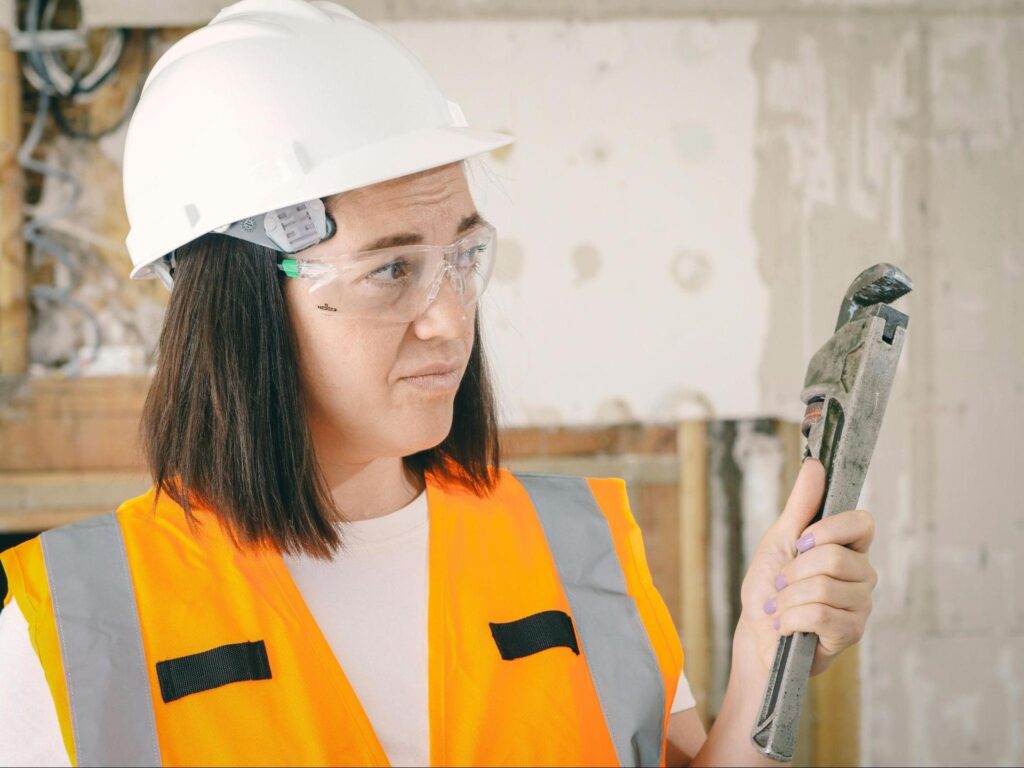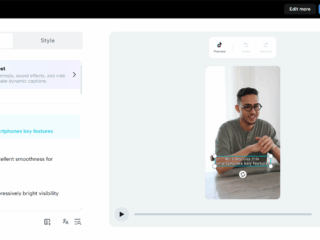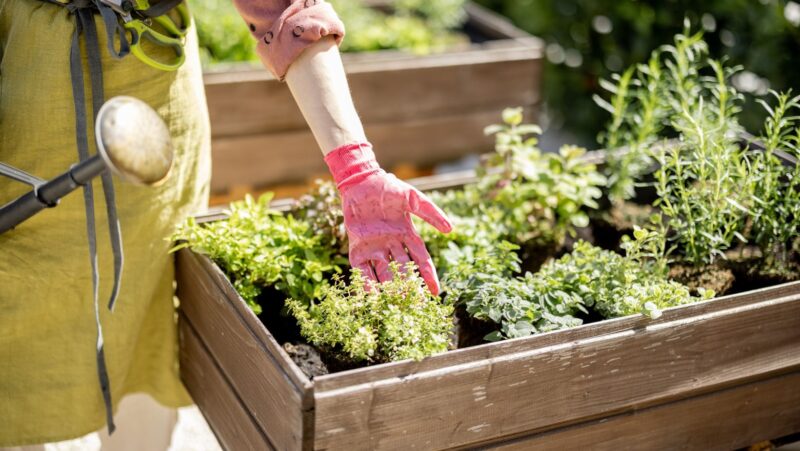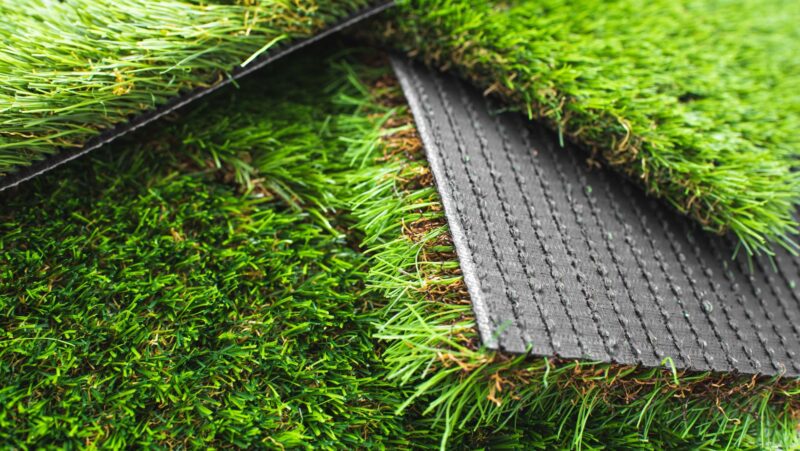
Maintaining a healthy plumbing system is essential for every homeowner. Not only does proper plumbing keep your home functioning smoothly, but it can also save you from costly repairs down the road. From preventing clogs and leaks to ensuring your water heater runs efficiently, regular maintenance can extend the life of your plumbing and protect your property from water damage.
But where do you start? Whether you’re dealing with minor drips or want to avoid a major flood, this guide will walk you through the essential steps to keep your pipes flowing freely and your fixtures in top condition. With tips on everything from routine inspections to DIY fixes and when to call in the pros, you’ll gain the confidence and know-how to tackle common plumbing issues head-on. Let’s get started.
Regular Inspections
Routine inspections of your plumbing system are crucial for spotting potential issues before they escalate into costly repairs. Aim to conduct these checks at least twice a year. Look for signs of leaks, corrosion, and unusual noises from your pipes and fixtures. Checking under sinks and around water heaters can reveal hidden leaks that, if ignored, could cause significant damage.
Consider having a professional plumber perform a thorough inspection. They can identify issues that may not be apparent to the untrained eye. Regular maintenance not only extends the life of your plumbing but also provides peace of mind.
Knowing When to Call a Professional
While many plumbing issues can be tackled with basic DIY skills, knowing when to call a professional is essential for preventing further damage. If you encounter persistent leaks, sewage backups, or significant clogs that you can’t clear, it’s time to enlist a plumber’s expertise. As highlighted by the team behind Charge Plumbing, the experts will provide comprehensive maintenance and repair services to keep your systems running smoothly. Attempting to fix complex problems without the right knowledge can lead to costly repairs and safety hazards.

Additionally, consider scheduling a professional inspection if you’re unsure about the state of your plumbing system. Investing in expert services can save you time, money, and stress in the long run, ensuring your plumbing remains in top shape.
Drain Cleaning
Keeping your drains clean is essential for a smoothly functioning plumbing system. To prevent clogs, make it a habit to flush your drains with hot water weekly. You can also use a mixture of baking soda and vinegar to break down grease and buildup. Avoid pouring fats, oils, or food scraps down the drain, as these can contribute to blockages.
Installing drain screens can help catch debris and hair, minimizing the risk of clogs. If you notice slow drainage or recurring blockages, it’s time to call in a professional. Regular drain maintenance ensures your pipes remain clear and functional.
Water Heater Maintenance
Your water heater is a critical component of your home, providing hot water for various needs. Regular maintenance is essential for maximizing its efficiency and lifespan. Start by flushing the tank at least once a year to remove sediment buildup, which can hinder performance.
Check the temperature setting; it should ideally be set between 120°F to 140°F for optimal energy efficiency. Inspect the anode rod every few years and replace it if it’s significantly corroded. Additionally, keep an eye out for leaks or unusual noises from the unit.
Understand Your Main Shutoff Valve
Knowing the location and operation of your main shutoff valve is vital for any homeowner. This valve controls the water supply to your entire house, making it essential in emergencies like leaks or burst pipes which can lead to water damage. Familiarize yourself with its location and practice turning it on and off to ensure you can act quickly if needed.
Regularly inspect the valve for rust or leaks, and if you encounter any issues, consider replacing it. Understanding your shutoff valve not only empowers you to manage plumbing emergencies but also contributes to overall household safety.
Seasonal Plumbing Care
Seasonal changes can significantly impact your plumbing system, so it’s essential to adjust your maintenance routine accordingly. In the winter, take steps to prevent frozen pipes by insulating exposed plumbing and allowing faucets to drip during extreme cold. For spring, conduct a thorough inspection of your gutters and downspouts to ensure proper drainage and prevent water damage.
Summer is an excellent time to check your outdoor plumbing, such as hoses and sprinkler systems, while fall requires you to prepare for potential leaf debris clogging your drains. Proactive seasonal care helps prevent plumbing issues throughout the year.
Using Plumbing-Friendly Products
Be mindful of the cleaning products you use around your home, as many conventional options can harm your plumbing system. Avoid chemical drain cleaners that can corrode pipes and create more problems. Instead, opt for biodegradable or enzyme-based cleaners that are gentle on your plumbing while effectively breaking down waste.

You can also consider natural alternatives like vinegar and baking soda for regular cleaning. When purchasing appliances, look for plumbing-friendly products, such as low-flow faucets and toilets that conserve water without sacrificing performance. Using the right products protects your plumbing and promotes an eco-friendly household.
Document Your Plumbing System
Keeping a detailed record of your plumbing system is a practical approach to effective maintenance. Start by documenting the layout of your pipes, including locations of valves, cleanouts, and fixtures. Include any repairs or upgrades you’ve made, along with dates and details of the work done. This information can be invaluable during inspections or when troubleshooting issues.
Always keep receipts and warranties for plumbing fixtures and appliances to streamline any future claims or repairs. A well-organized plumbing document serves as a handy reference and can help track maintenance schedules, ensuring you stay on top of your plumbing care.
Proper plumbing maintenance is essential for every homeowner, ensuring a functional and efficient system while preventing costly repairs. By regularly inspecting your plumbing, cleaning drains, maintaining your water heater, and using plumbing-friendly products, you can safeguard your home from potential disasters. Understanding the importance of your main shutoff valve and knowing when to call in a professional are equally crucial skills. Additionally, documenting your plumbing system creates a valuable reference for future maintenance. By adopting these practices, you can enjoy peace of mind and a reliable plumbing system that meets your household needs for years to come.












